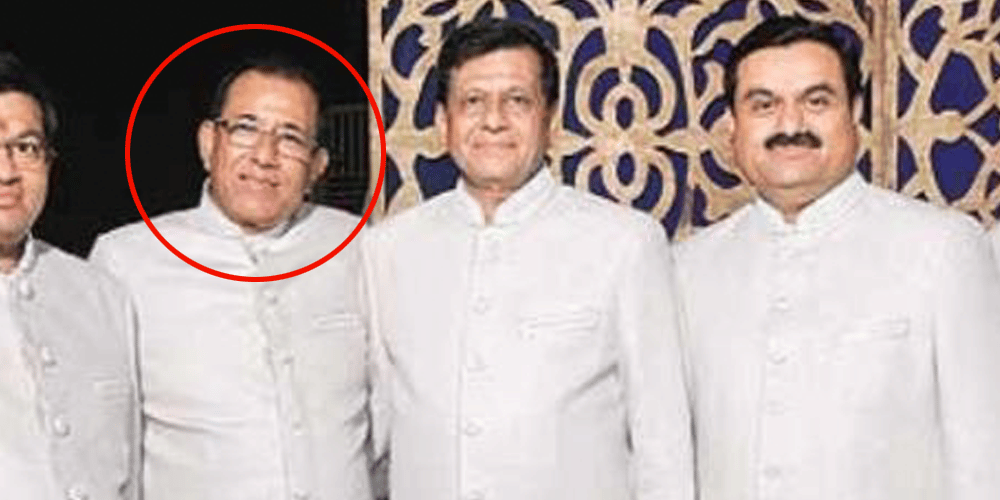By Nathan Bullock
More often than not, Singaporean academicians are woefully absent and silent in the spaces and face of oppression and violence.
The most recent case to hit the headlines of Roy Ngerng being sued by Prime Minister Lee for defamation highlights this matter and deserves comment (if not action). Members of the universities – professors, provosts, department chairs, research directors, and journal editors – hold a special place of privilege in Singapore as they do in many societies. However, in Singapore this privilege is more substantial as it constitutes a wider disparity between their levels of access, safety, and prestige and that of the average citizen.
The rights enshrined in the Constitution of the Republic of Singapore, the National Pledge, and the Proclamation of Singapore are not evenly applied or distributed among Singaporeans. Professional scholars across the disciplines and schools of the increasing higher education community in Singapore have a unique position of privilege that provides visibility, audibility, and protection unavailable to many others such as those who otherwise blog and protest in cyberspace and Hong Lim Park.
Through their titles and qualifications, academics in the public universities of Singapore are necessarily part of the public space and have the respect and ease of entry to participate in public debate and discussion. Analogously, their voices can be easily magnified outside of academic journals in newspapers, magazines, television, in person and online. These qualities combined with their PhDs and world-wide reputations enable them to exist with a significantly lower probability of political, economic, and legal reprisal for using their voices and bodies as citizens. A critical consciousness and perspective are pre-requisites for establishing just policies.
Yet, even when the government asks for public comment on their proposals or signals a willingness (however insincere) to listen to alternative points of view, academics have shied away to brush up their bibliographies instead.
Edward Said reminds us that central to the role of a public intellectual is “standing outside of society and its institutions and actively disturbing the status quo”. SMU’s non-existent Centre for Global Governance and Human Rights was completely funded by a Japanese businessman and when it was aborted, not a peep from the peanut-gallery. Students must participate in class tutorials and seminars by taking a side and defending their position but professors dare not model such behavior in public. Even Yale-NUS College is only committed to the freedom of faculty “to teach in the classroom and express themselves on campus”.
There is no need to rehash the multiple abuses of power or the unfairness of elections and political participation. The opposition candidates and arts community know all too well what kind of personal risk they have taken and the price to be paid. Those few professors of law, language, and sociology who have spoken up are the exception to the rule. In the main, the university does not face the same risks of funding cuts or personal attacks. I know, I know – professors have been subject to intimidation and denial of tenure – but I’m talking about those at the top of the ivory tower. Yes, we have Dr Chee and Dr Vincent Wijeysingha, but when will we have VP Kong and Dean Yeo?
Sure, many people may say that they are working “behind-the-scenes” or that they are quietly subverting the system and using their privilege to gain access to government leaders whom they will gently persuade to liberalize. If that is what so many of them have been doing all this time then it is not working. Apathy, passivity, or alienation cannot be reconciled with intellectualism.
Seeking and using the freedom to critique, speak, write, assemble, vote, and participate in the intellectual confines of research institutes, international journals, and conferences without seeking the same for all citizens of Singaporean society is beyond selfish hypocrisy, it is ethical treason. Academics have a moral imperative to use their privilege in whatever form it comes to advocate and improve the lives of the world in which they find themselves. When the press lacks the ability to serve in this role and average citizens are relegated to YouTube, academics have a heightened impetus to put to use their privilege in seeking solutions to situations of present-day repression.
In Singapore, collectively turning a blind eye has left the public without responsible leadership. The deficit of democratic policy makes for excellent case studies and publications on a CV but fails to connect theory with reality. Singapore’s universities are awash in experts on media and communication, political science, history, finance and business management. Could they have anything to contribute on the issues of censorship, discrimination, rule of law, accountability, and international best practices?
Indeed, this is a call to arms, but one that eschews weapons for words – “les armes miraculeuses” to use the language of Aimé Césaire.
Editor’s note: There is a need to acknowledge that not all academia remain mute about matters of public interest, and some members have also taken up the challenge in their own quiet ways. Perhaps of greater concern is that these deliberations are often not made public, and the media might also choose not to offer our professors the air-time to voice their views. TOC has had the opportunity to engage our academic community on issues, and their passion and varied take on issues have been welcoming.
Image credit –University Cultural Centre, Wikipedia
Subscribe
Login
1 Comment
Newest




